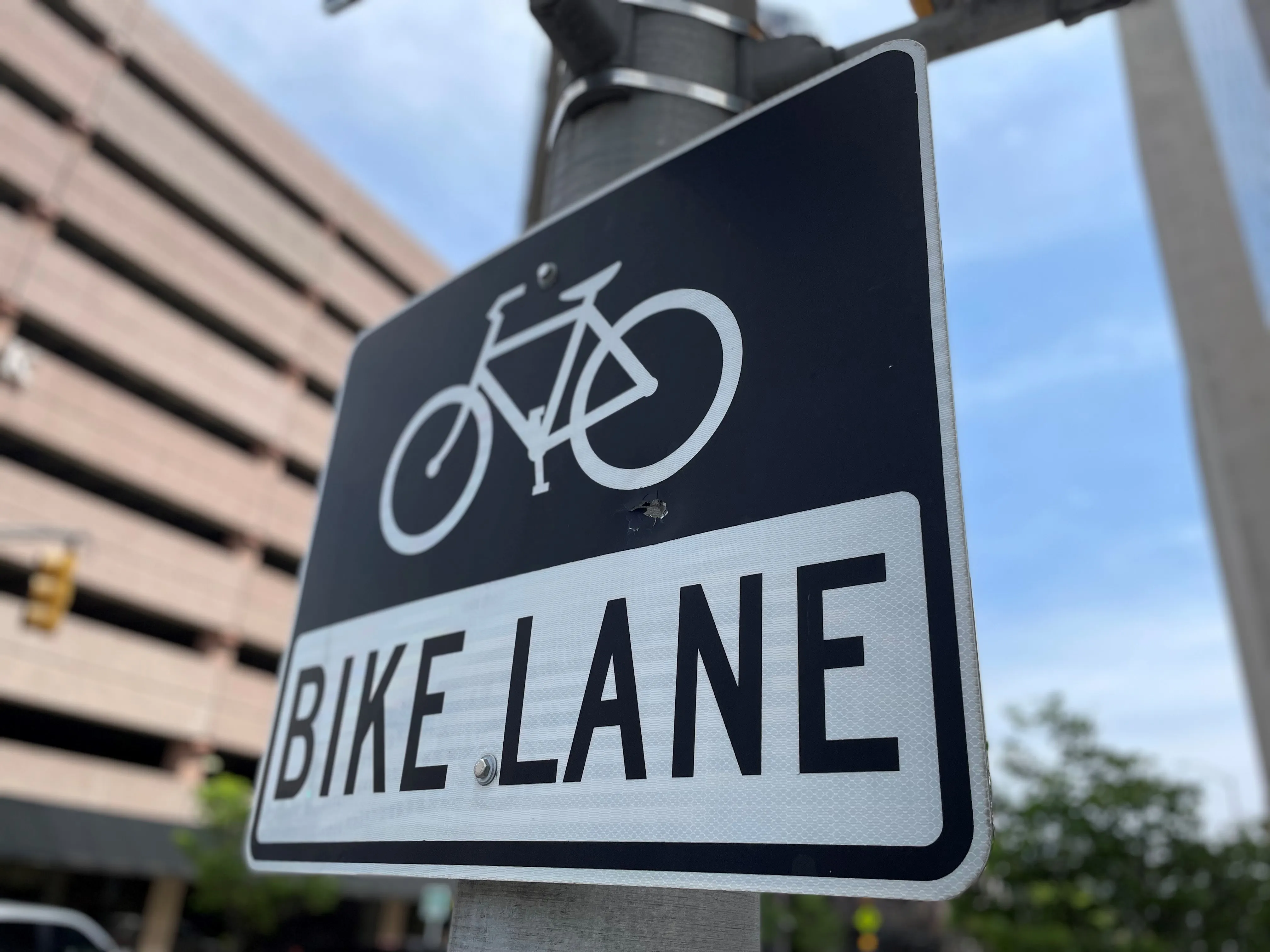Candace Lightner, president of We Save Lives - a non-profit organisation which focuses on reducing drunk, drugged and distracted driving - won the James J. Howard Highway Safety Trailblazer Award. She is also the founder of
Ford Driving Skills for Life (Ford DSFL) global programme manager Jim Graham received the Kathryn J.R. Swanson Public Service Award. During his tenure with Ford DSFL, he has brought free, hands-on advanced driver training to newly licensed drivers. Graham and the Ford DSFL programme helped launch GHSA’s state grant programme, which provides funding to help states augment their existing teen safe driving efforts.
Additionally, GHSA presented four Peter K. O’Rourke Special Achievement Awards for outstanding highway safety accomplishments to the following programmes:
• The Connecticut Superior Court's Online Adjudication system enables individuals who plead ‘not guilty’ to an infraction to participate in the court process electronically, rather than be required to physically appear in court.
• The Montana Family, Career and Community Leaders of America's Traffic Safety Programme provides public and private school students traffic safety training depending on students' grade levels.
• The South Dakota Office of Highway Safety's ‘Jim Reaper’ campaign inserts a Grim Reaper character into the lives of everyday people as a reminder that making decisions such as wearing a seat belt or helmet can prevent death.
• The Washington Regional Alcohol Programme (WRAP) has removed tens of thousands of drunk drivers from the region’s roads through its SoberRide programme. In 2017, WRAP partnered with
The presentations took place at GHSA’s annual meeting in Anaheim, California.
GHSA presents 2019 highway safety awards
The Governors Highway Safety Association (GHSA) has presented its road safety awards to two individuals and four programmes in the US.
Candace Lightner, president of We Save Lives - a non-profit organisation which focuses on reducing drunk, drugged and distracted driving - won the James J. Howard Highway Safety Trailblazer Award. She is also the founder of Mothers Against Drunk Driving.
Ford Driving Skills for Life (Ford DSFL) global programme manager Jim Graham received the Kathryn J.R. Swanson Publi
August 28, 2019
Read time: 2 mins
The 4948 Governors Highway Safety Association (GHSA) has presented its road safety awards to two individuals and four programmes in the US.









